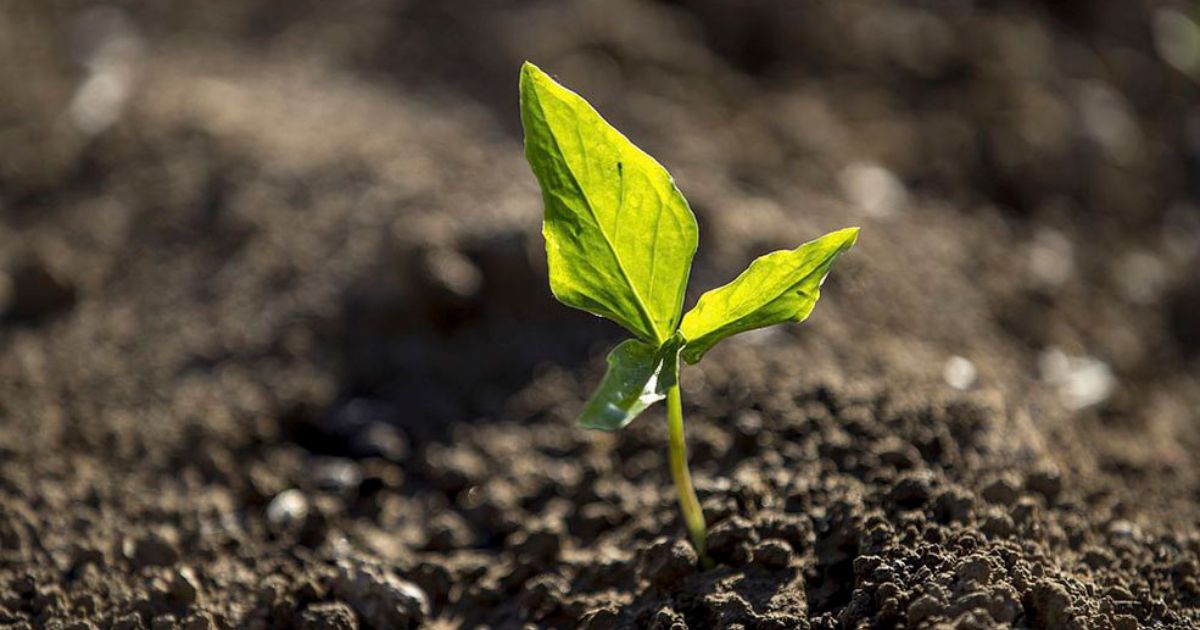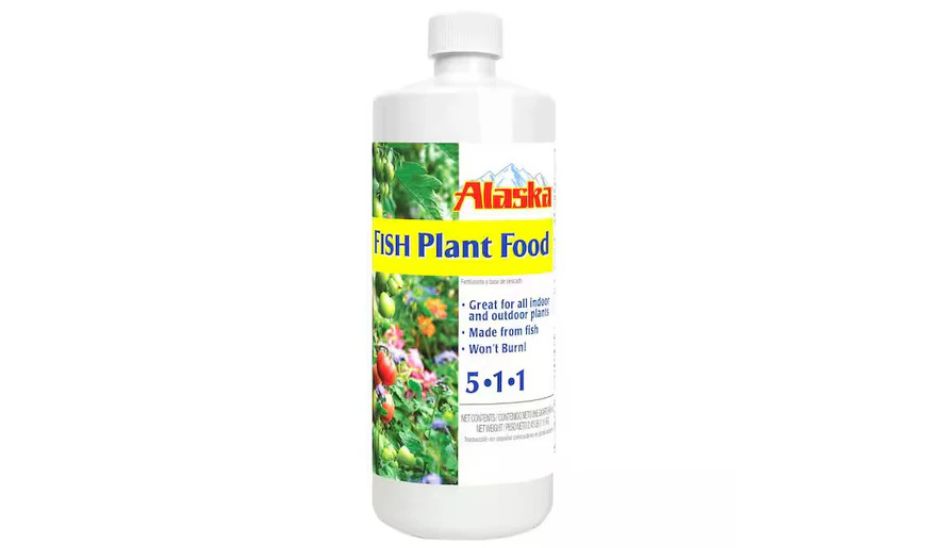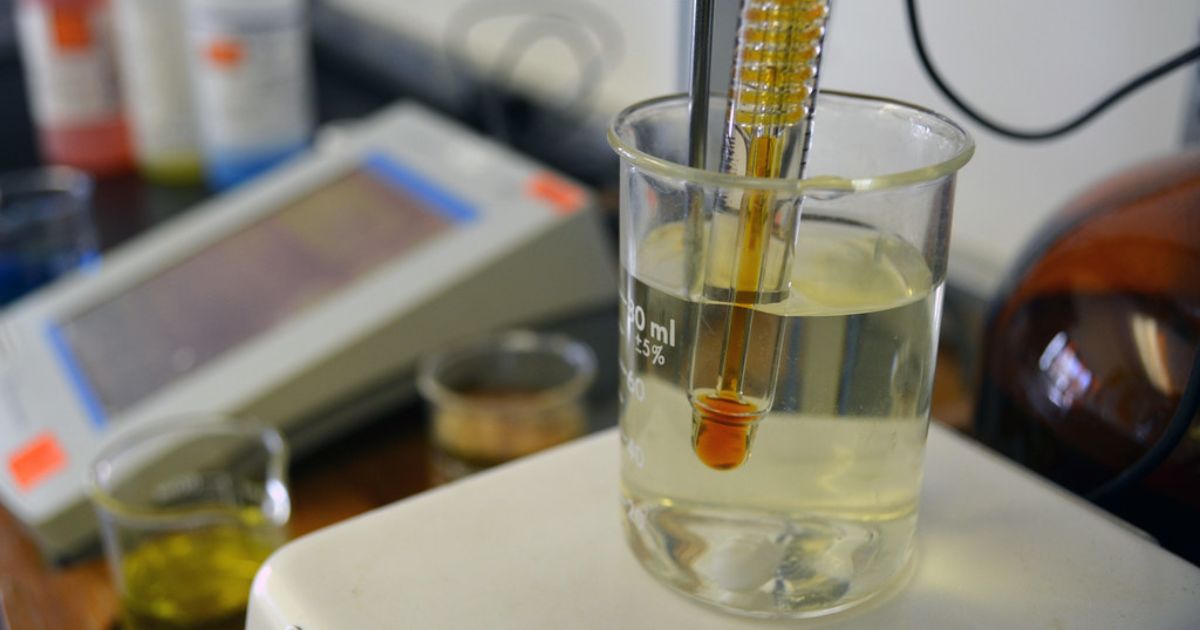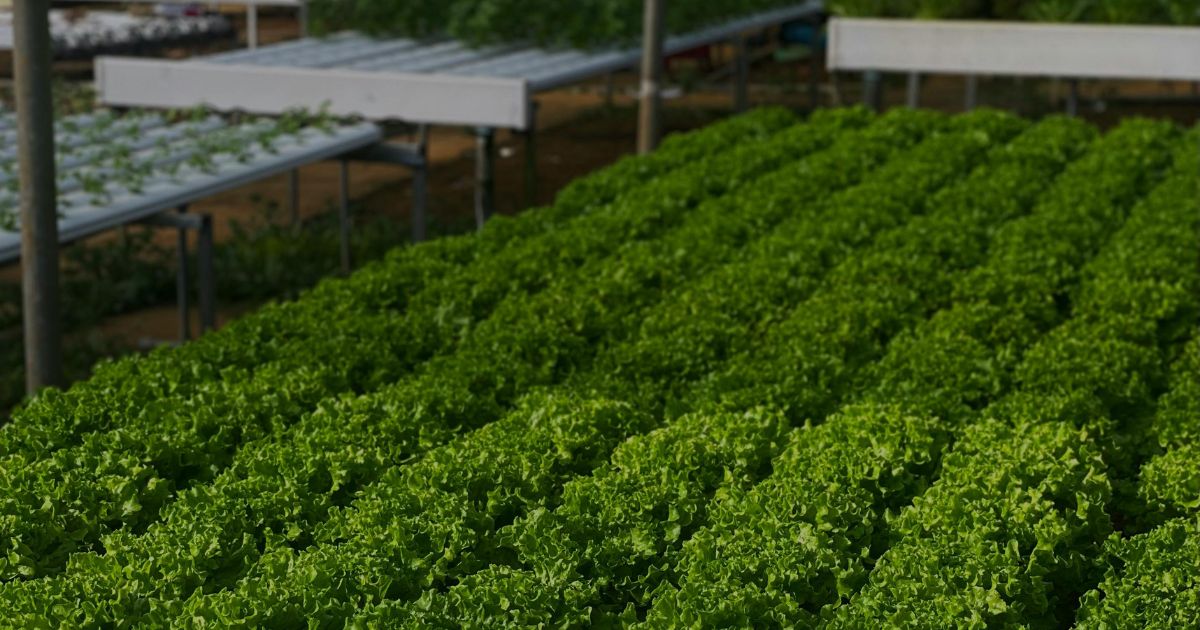
Organic Fertilizers High in Nitrogen
Nitrogen is essential for healthy plant growth, especially for leafy greens and fast-growing crops. Organic gardeners often seek natural nitrogen sources to enrich their soil without resorting to synthetic chemicals. This guide explores the best organic fertilizers high in nitrogen, how to use them, and the benefits they offer for sustainable gardening.
Why Use Organic Nitrogen Fertilizers?
Organic nitrogen fertilizers:
- Improve Soil Health: They enhance soil structure and encourage beneficial microbes.
- Release Nutrients Slowly: Reduce the risk of over-fertilizing and leaching.
- Eco-Friendly: Avoid the environmental impact of synthetic fertilizers.
Top Organic Fertilizers High in Nitrogen
1. Blood Meal (12-0-0)
Blood meal is a byproduct of animal processing and a potent nitrogen source.
Benefits:
- Provides immediate nitrogen for fast-growing plants.
- Ideal for leafy vegetables like spinach, lettuce, and kale.
How to Use:
- Sprinkle it around plants and water thoroughly.
- Use sparingly, as over-application can burn plants.
2. Fish Emulsion (5-1-1)
Made from fish waste, this liquid fertilizer is fast-acting and easy to apply.
Benefits:
- Quickly absorbed by plants, making it ideal for seedlings.
- Improves soil health with trace nutrients.
How to Use:
- Dilute with water according to package instructions.
- Apply as a soil drench or foliar spray every two weeks.
3. Alfalfa Meal (2-1-2)
Derived from alfalfa plants, this meal is an excellent nitrogen source and a soil conditioner.
Benefits:
- Enhances microbial activity and adds organic matter to soil.
- Releases nutrients slowly, supporting long-term plant growth.
How to Use:
- Mix into soil before planting.
- Use as a top dressing during the growing season.
4. Composted Manure (varies)
Composted manure, particularly from chickens or cows, is rich in nitrogen.
Benefits:
- Improves soil fertility and structure.
- Provides a steady nutrient release over time.
How to Use:
- Ensure manure is fully composted to avoid burning plants.
- Work it into the soil before planting or use as a side dressing.
5. Soybean Meal (7-1-2)
A plant-based fertilizer, soybean meal is a good option for vegan gardeners.
Benefits:
- Promotes slow, consistent nitrogen release.
- Enhances soil texture and microbial activity.
How to Use:
- Sprinkle around plants and water deeply.
- Ideal for long-term nitrogen supply.
6. Feather Meal (12-0-0)
Feather meal is a slow-release nitrogen source made from processed poultry feathers.
Benefits:
- Excellent for heavy feeders like corn and brassicas.
- Breaks down over several months, supporting sustained growth.
How to Use:
- Mix into the soil before planting.
- Avoid direct contact with plant roots.
7. Worm Castings (1-0-0)
Worm castings are nutrient-rich excrement from earthworms.
Benefits:
- Mild nitrogen source safe for all plants.
- Improves soil aeration and moisture retention.
How to Use:
- Incorporate into potting mixes or use as a top dressing.
- Make worm tea for a liquid fertilizer option.
8. Coffee Grounds (2% nitrogen)
Used coffee grounds are a readily available, nitrogen-rich organic material.
Benefits:
- Inexpensive and eco-friendly.
- Adds organic matter to the soil.
How to Use:
- Mix into compost or sprinkle directly onto soil.
- Use in moderation to avoid soil acidity.
How to Choose the Right Fertilizer
When selecting an organic nitrogen fertilizer, consider:
- Plant Needs: Leafy greens thrive on high nitrogen, while flowering plants may require balanced nutrients.
- Application Timing: Fast-acting fertilizers are ideal for immediate results; slow-release options work well for sustained feeding.
- Soil Condition: Test your soil to determine existing nitrogen levels.
Tips for Applying Organic Nitrogen Fertilizers
- Start with Soil Testing: Avoid over-application by knowing your soil’s needs.
- Follow Recommended Rates: Too much nitrogen can harm plants and leach into waterways.
- Combine with Compost: Compost enriches soil and enhances the effectiveness of organic fertilizers.
- Rotate Crops: Leguminous plants like peas and beans naturally fix nitrogen, reducing fertilizer needs.
Frequently Asked Questions
Q: Can I use multiple nitrogen sources in my garden?
Yes, combining different organic fertilizers can provide both immediate and long-term nitrogen benefits.
Q: Is organic nitrogen as effective as synthetic nitrogen?
While synthetic nitrogen acts faster, organic nitrogen improves soil health and provides sustainable, long-lasting benefits.
Q: What’s the best organic nitrogen fertilizer for vegetables?
Blood meal or fish emulsion is excellent for fast-growing vegetables, while composted manure is a versatile option for most crops.
Conclusion
By incorporating these organic, nitrogen-rich fertilizers into your garden, you’ll promote healthy growth, improve soil health, and maintain a sustainable gardening practice. Choose the options that best suit your plants and soil conditions, and enjoy the rewards of lush, thriving greenery.



